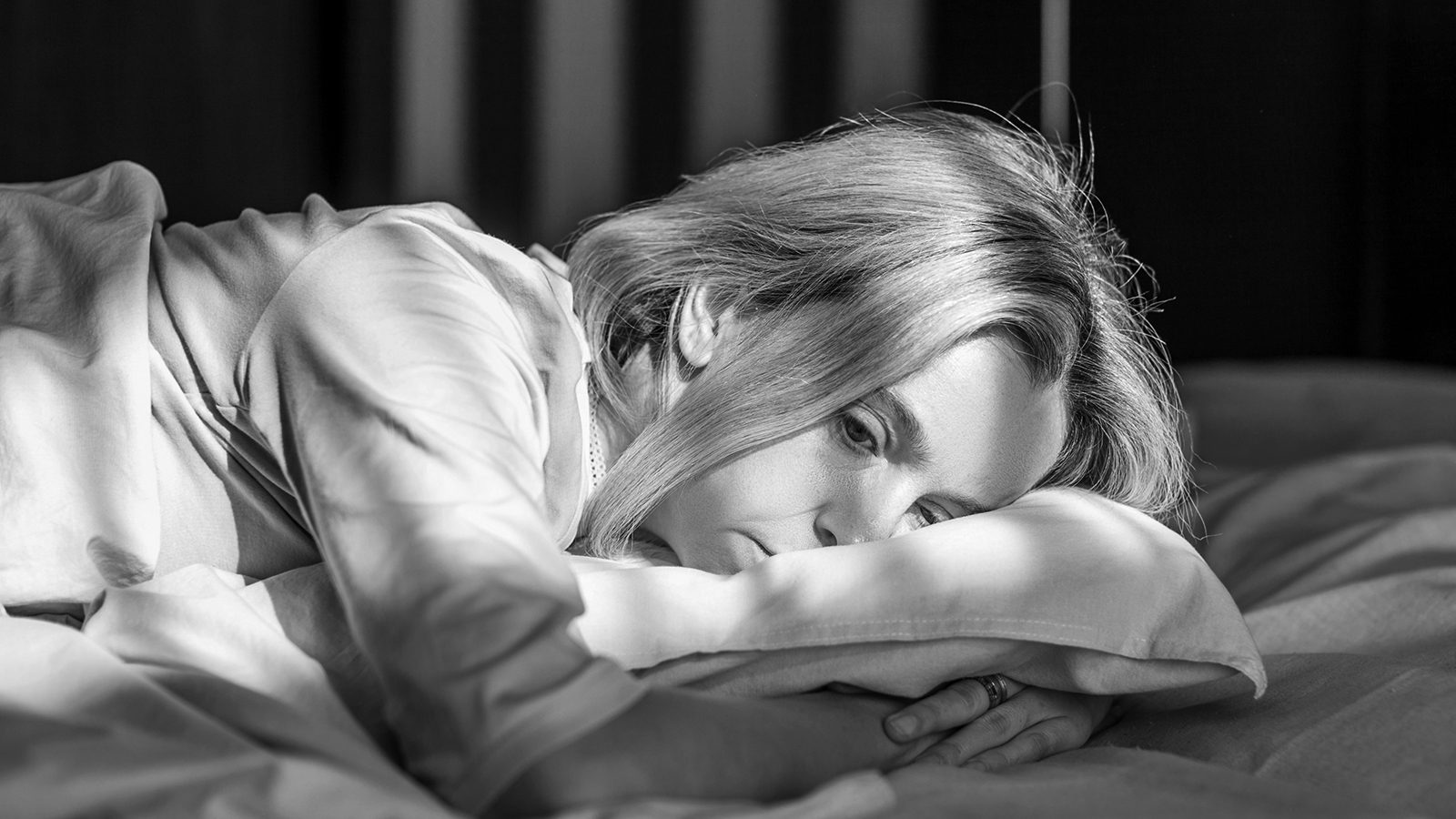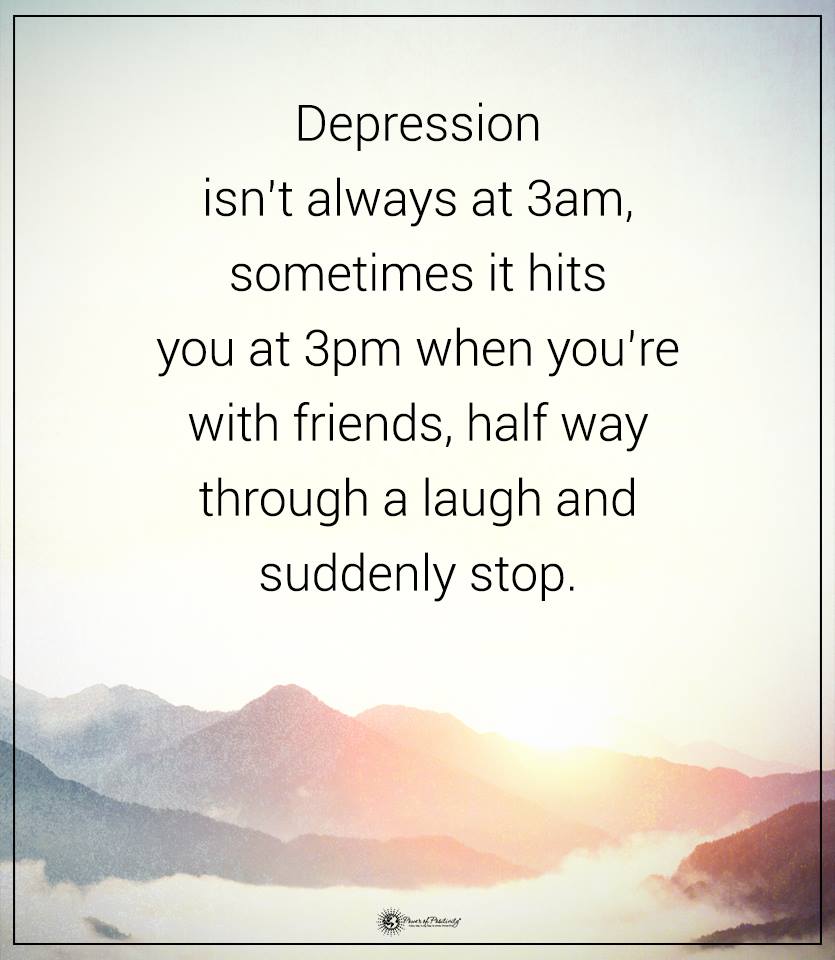If you have mild depression, you may not recognize the signs immediately. Often, people with low-grade depression, or dysthymia, brush off feelings of hopelessness or fatigue. They may attribute minor depression to a particular event, such as a divorce, job loss, or other distressing situation. However, depression isn’t a passing mood but a serious condition requiring proper treatment and care.
Recognizing the signs from the start can help prevent mild depression from turning into major depression. People with low-grade depression experience many of the same symptoms as someone with severe depression. However, the symptoms are often much less intense and more subtle. Dysthymia may cause the following symptoms:
- anger or frustration
- hopelessness and despair
- self-hatred
- loss of interest in hobbies or activities
- feelings of guilt or shame
- cognitive problems such as distractedness and memory loss
- low motivation
- social withdrawal
- body aches that have no apparent cause
- sleeping more or less than usual
- changes in appetite
- rapid weight loss or gain
- reckless and impulsive behavior
Remember that these symptoms don’t always signal a mental disorder like depression. But if they persist for months, seeking professional help is vital. You can intervene to prevent long-term mental health issues when you know the signs of mild depression before it becomes more pervasive. Let’s review the behaviors someone with low-grade depression may display so you know what to watch for in yourself and others.
Eight Common Behaviors of Someone With Mild Depression
1. Persistent Sadness or Low Mood May Reveal Mild Depression
The most common sign of depression includes a consistent lack of energy and feelings of despair. Someone with a depressed mood may also withdraw from activities they once enjoyed due to a lack of motivation. Feeling down occasionally is normal, but people with depression struggle to feel joyful or content daily.
2. Changes in Appetite and Sleep Could Reveal Minor Depression
Another telltale sign of depression involves changes in sleeping habits and appetite. Depression often co-occurs with insomnia since it disrupts neurotransmitters involved with mood regulation and the circadian rhythm. A low mood may trigger other sleep disturbances also, such as oversleeping or undersleeping.
In addition, many people with mental illnesses have trouble maintaining a healthy appetite. Therefore, changes in appetite, such as overeating or undereating, are hallmark signs of depression. That’s because depression triggers abnormal activities in the brain’s reward and interoceptive neurocircuitry.
3. Decreased Concentration and Memory May Indicate Mild Depression
If you suffer from a depressed mood, you may experience cognitive impairment, forgetfulness, and difficulty concentrating. Many people with low-grade depression notice subtle changes in their memory, such as forgetting important details or appointments. They may also become more distracted and have difficulty focusing on work or school assignments. Finally, depression may result in diminished problem-solving and decision-making skills.
4. Loss of Interest in Hobbies and Activities
Sadly, depression can lead to anhedonia or a reduced ability to experience satisfaction from activities and relationships. This lack of pleasure can affect every facet of life and potentially snowball into major depression. Not being able to enjoy life can lead to apathy and hopelessness, causing social withdrawal and extreme isolation.
5. Neglecting Responsibilities and Self-Care Can Reveal Minor Depression
Procrastination, self-neglect, and poor hygiene represent classic symptoms of dysthymia. People with depression often don’t have the energy to devote to proper self-care. Of course, they don’t want to neglect their well-being and responsibilities, but the pressures of daily life may overwhelm them. Therefore, they might procrastinate or avoid tasks to prevent further burnout and mental distress. In addition, their academic or work performance may suffer because of their mental health.
6. Social Isolation and Withdrawal May Result From Mild Depression
Unfortunately, people with depressive disorders often feel like a burden or inconvenience to others. They don’t want their painful emotions to affect people, so they engage in avoidance behavior and social isolation. Also, depressed people may find comfort in loneliness because it’s a reprieve from the constant chatter of modern life.
They may want to socialize but struggle to find genuine connections in the hustle and bustle. Because they feel disconnected from the world, they may avoid contact with even close friends and family.
7. Negative Thinking Patterns
Rumination, negative self-talk, and self-criticism may accompany a persistent low mood. Usually, people who suffer from depression have unrealistic expectations for themselves. When they can’t meet these standards, their self-esteem takes a nosedive, and they judge themselves harshly. If you experience repetitive, intrusive thoughts and feelings of worthlessness, it may indicate depression.
8. Self-Medicating Behaviors May Reveal Mild Depression
Unfortunately, many mental health disorders often coexist with substance abuse and addiction. It’s a vicious cycle since self-medication can temporarily numb mental distress but can cause irreparable psychological harm. Without proper coping skills, people with mental disorders may use alcohol or drugs to escape the pain. In addition to excessive alcohol consumption, some take prescription medications to relieve stress or discomfort.
The U.S. Department of Health and Human Services (HHS) Substance Abuse and Mental Health Services Administration (SAMHSA) reported sobering findings on drug use and mental illness. In 2021, nearly 17% of U.S. residents aged 12 and older met the criteria for having a substance use disorder. 13.5% of young adults aged 18-25 experienced co-occurring substance abuse and mental illness in the past year.
If you have depression, you may feel hopeless about your ability to recover or manage symptoms. Fortunately, you can improve your mental health with lifestyle changes and a traditional treatment plan. Exercising, prioritizing sleep, practicing stress-management techniques like meditation, and eating a balanced diet can help you feel better. Also, getting plenty of sunshine, laughing with friends and family, and using positive thinking will enhance your mental health.
Final Thoughts on Early Intervention for Mild Depression
Recognizing mild or minor depression in yourself or others isn’t always easy since the signs are often subtle. However, being able to spot the symptoms before they worsen could potentially save lives. Typical signs of a depressive disorder include a persistent low mood, lack of motivation, fatigue, and social withdrawal. Also, changes in appetite and sleeping habits, neglecting self-care, and self-medicating could signal depression.
If you’re experiencing signs of a mental illness, never feel guilty or ashamed about asking for help. Proper treatment will improve your quality of life and give you the tools to succeed. Supporting mental health with mild depression involves seeking professional support and incorporating positive habits. By prioritizing self-care and creating balance, you’ll start feeling rejuvenated and have a new lease on life.

















 Community
Community

